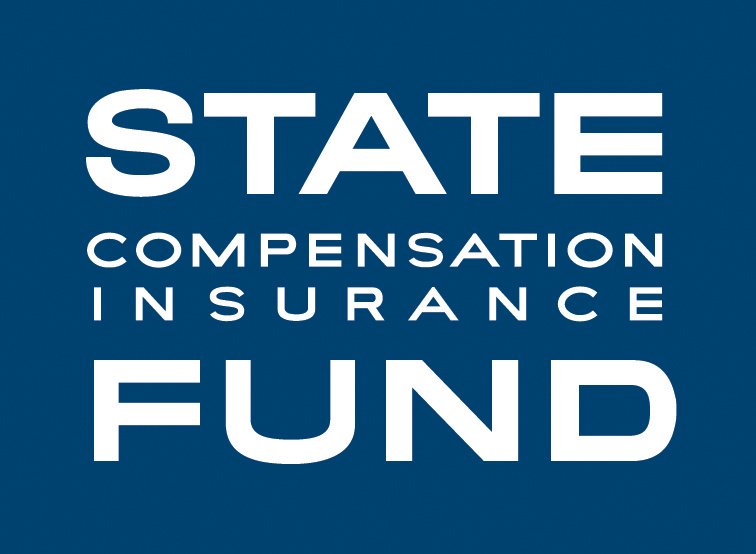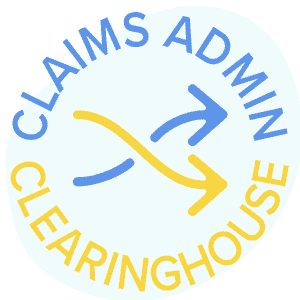DWC 2018 Drug Formulary Webinar Video Available

The Division of Workers' Compensation (DWC) posted a video replay of their recent webinar on the newly effective drug formulary. The DWC hosted the webinar in December, following the formulary's official state approval. For those who could not attend the webinar, the DWC initially posted a written transcript.
You can view the webinar video below. The drug formulary became effective January 1, 2018.
In December, California’s Office of Administrative Law approved the evidence-based drug formulary. The formulary, and attendant guidelines for the listed drugs’ application, is now part of California’s Medical Treatment Utilization Schedule (MTUS).
Providers must obtain authorization in order to dispense drugs not listed “exempt” under the formulary. The DWC specifically requires utilization review for designated “non-exempt” drugs, as well as for any drugs not included in the list. There are certain exceptions, such as short-term drug supplies dispensed at the time of an injury.
In our December blog post, we highlighted arguments from work comp professionals who find the swift transition problematic, especially in light of previous delays and more gradual implementation in other states. The formulary applies to both new and already established courses of treatment. By April, providers must create plans to wean patients off non-exempt drugs, or to provide official justification for their continued use.
Interested parties can watch the webinar video above, access the video and written transcript on this page under “Resources,” or view the video on YouTube.
We’ll keep readers up to date on any further news regarding the formulary, as the effort to put it into practice gets underway.
Need a fast, reliable way to get authorization? daisyBill has you covered. Our Billing Software makes RFA’s a snap, with quickly generated, compliant requests for authorization, and our exclusive RFA tracker which alerts you when a response is due. Schedule a free demonstration for your office.
REQUEST DEMO
DaisyBill provides content as an insightful service to its readers and clients. It does not offer legal advice and cannot guarantee the accuracy or suitability of its content for a particular purpose.


.gif)
.gif)
